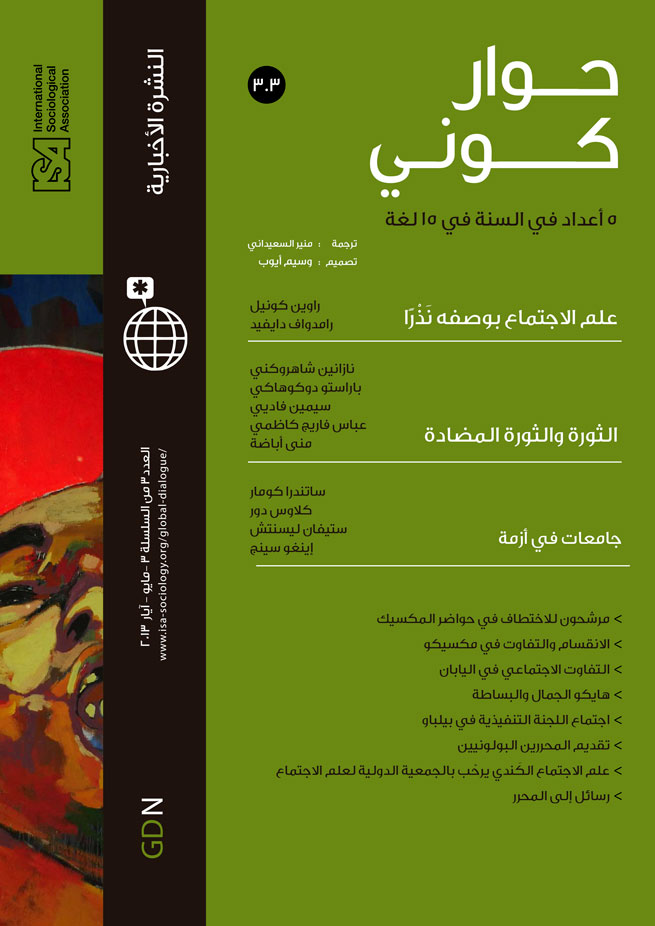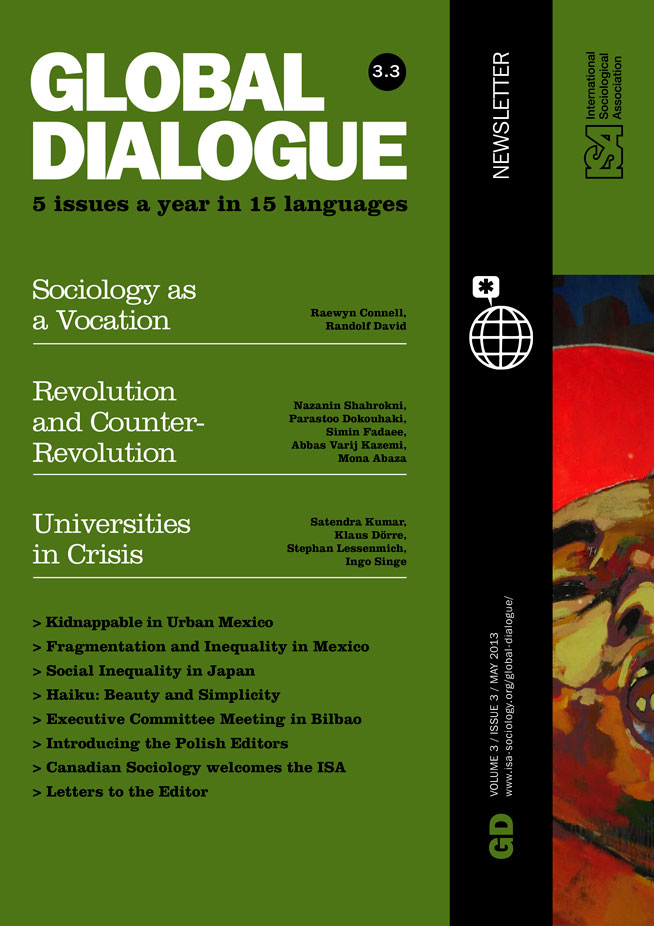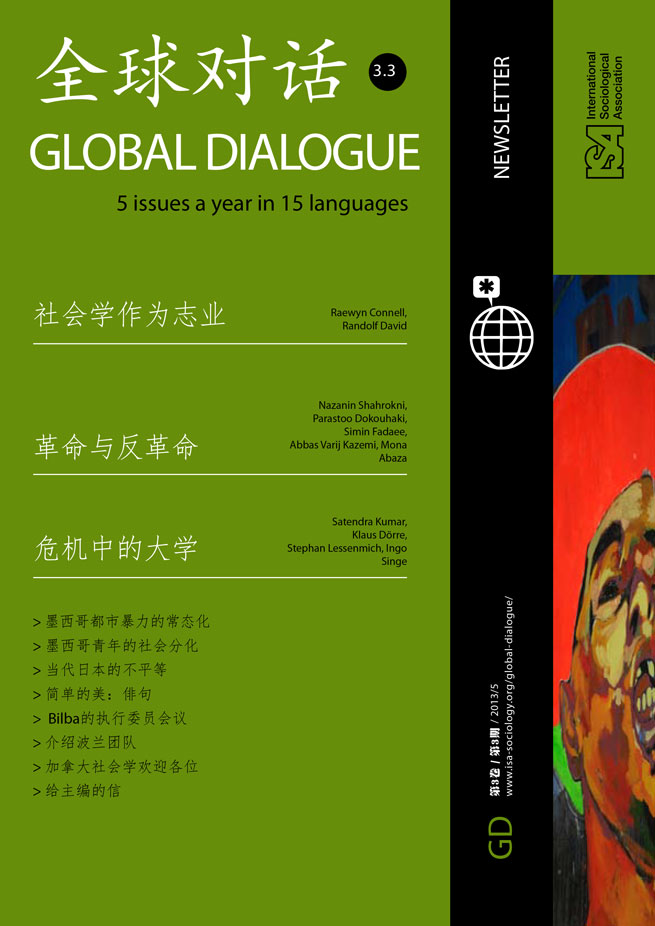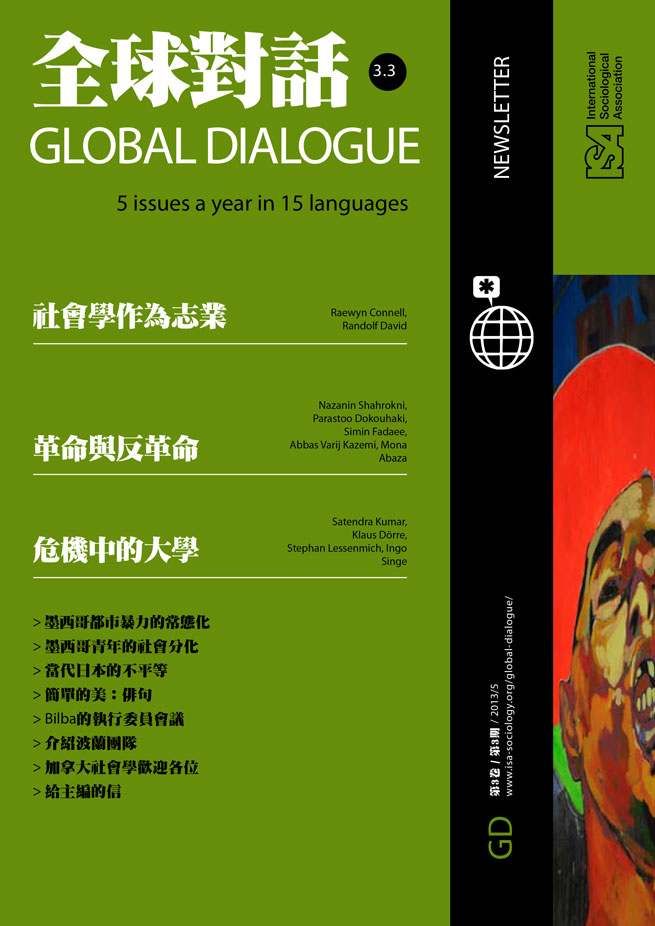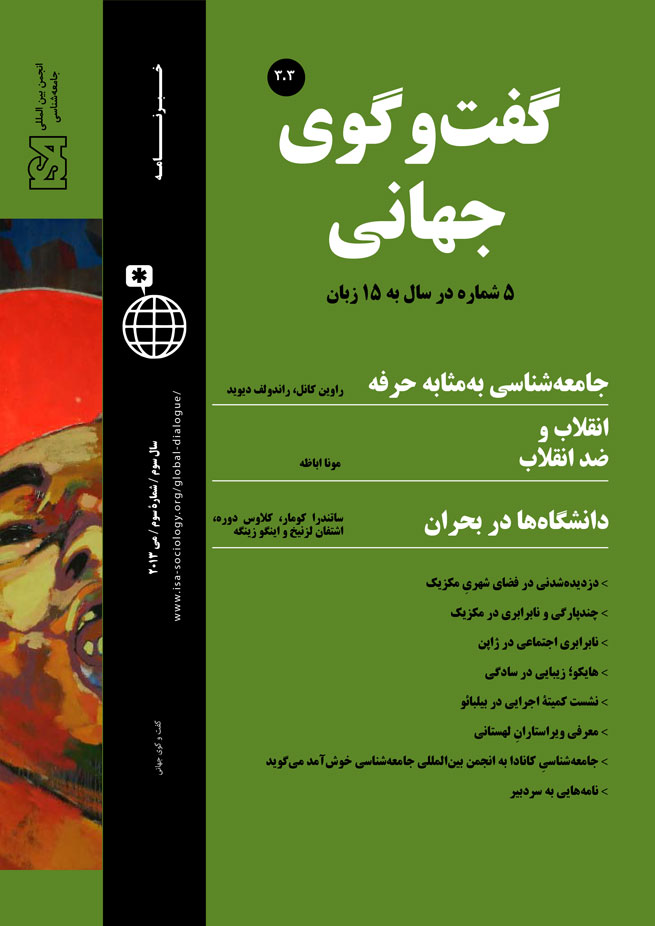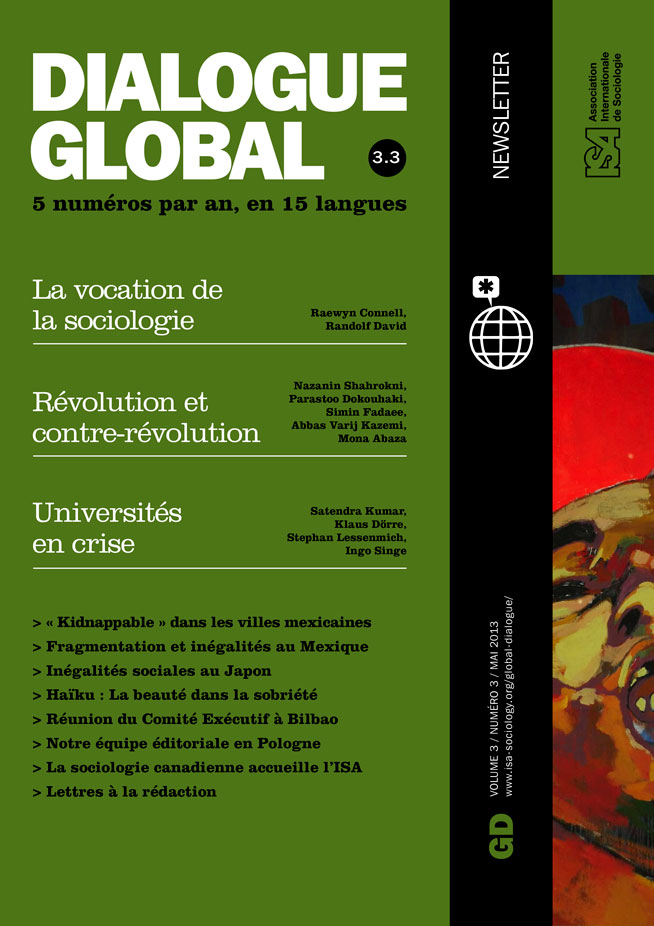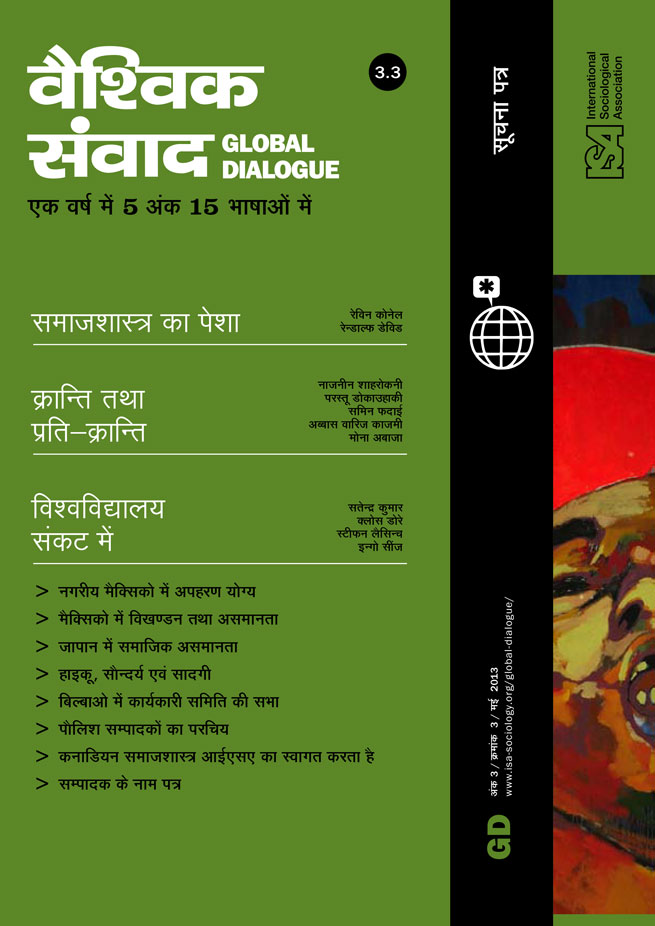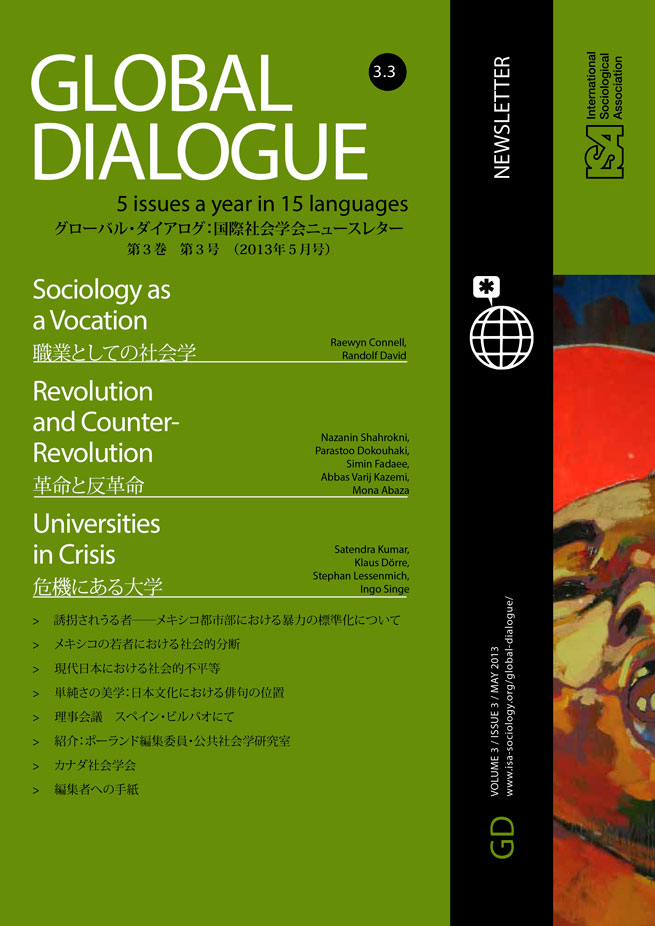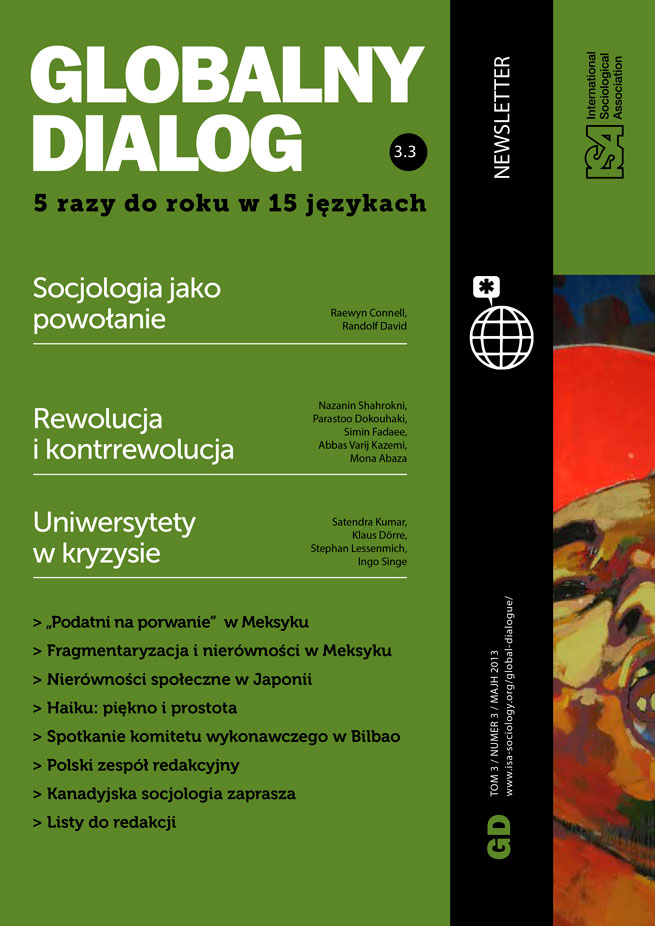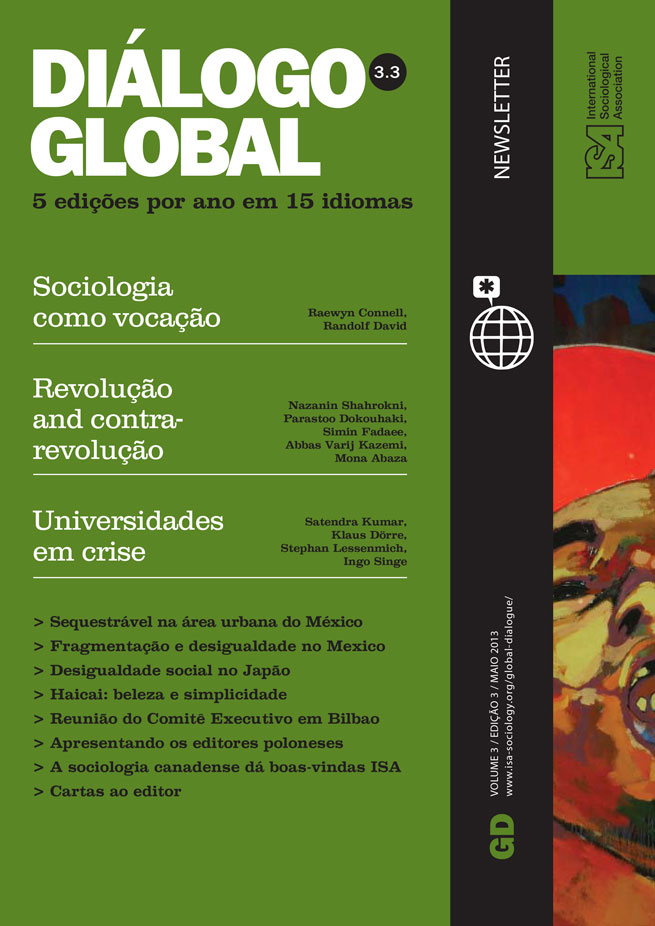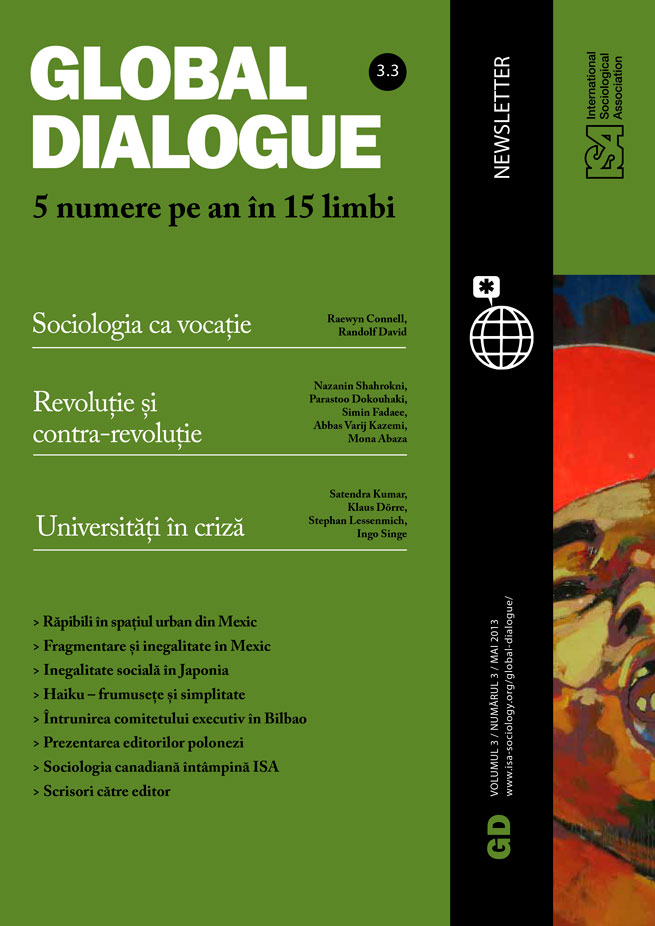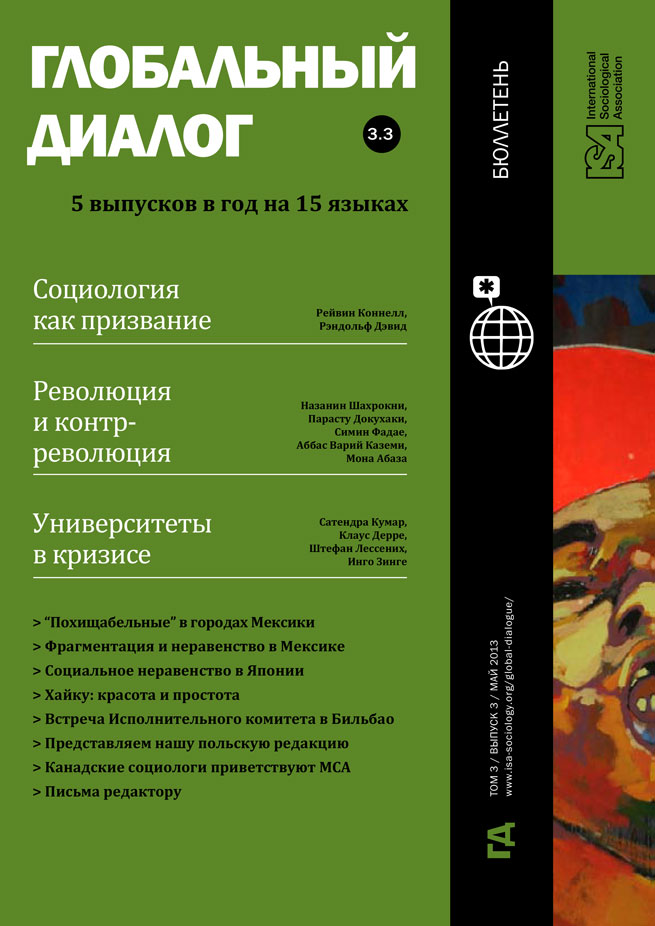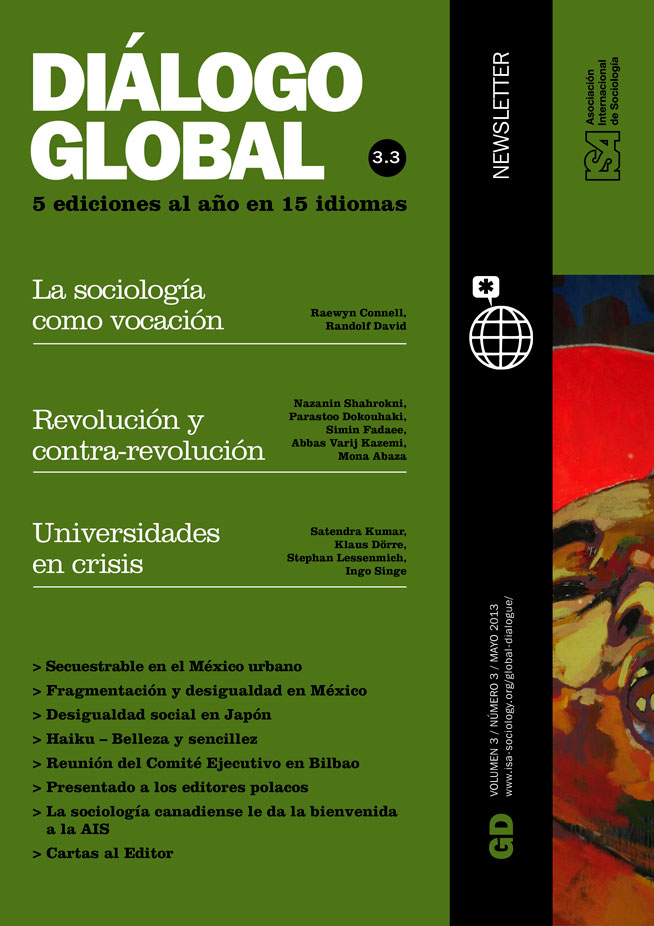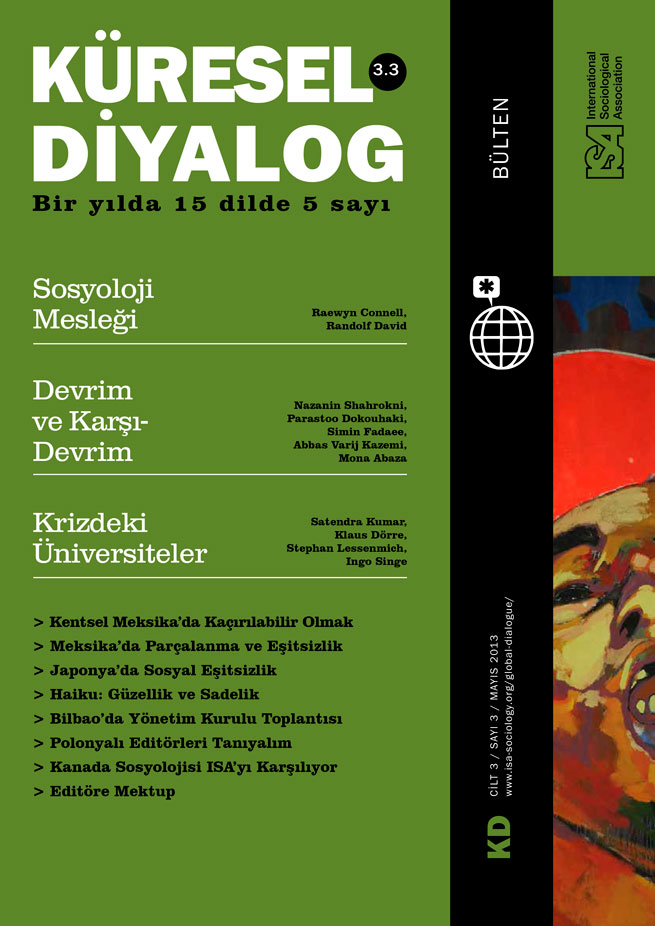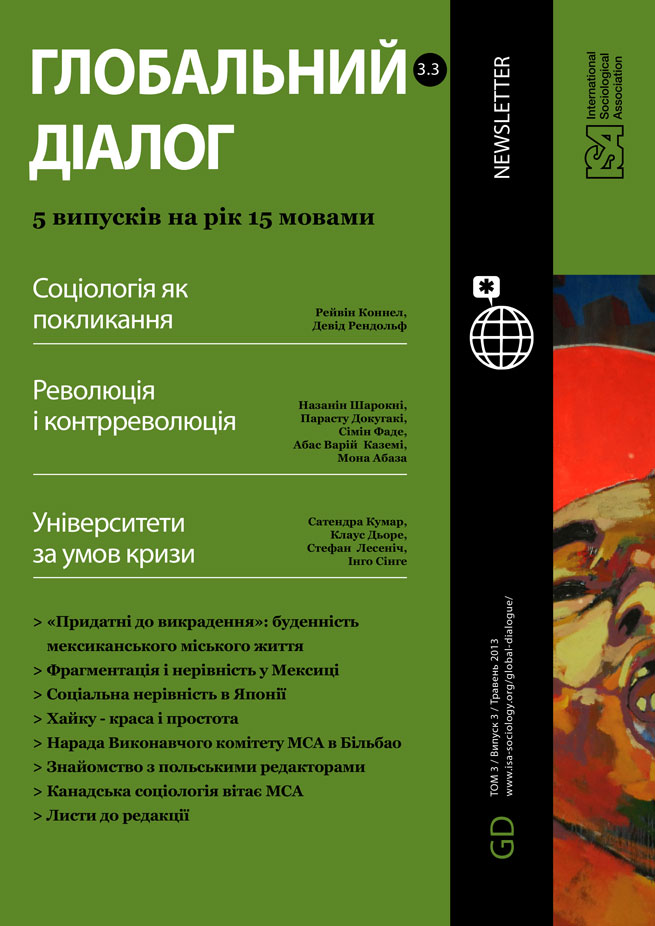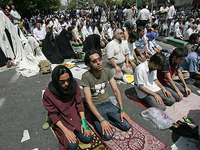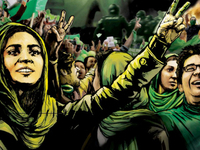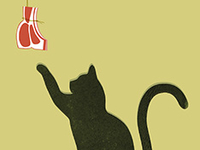The Violence of Egypt’s Counter-Revolution
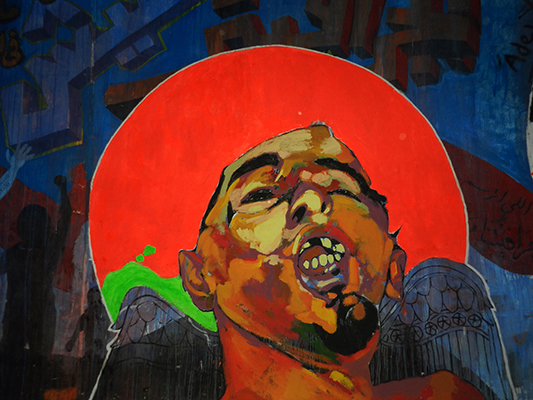
April 28, 2013
A large number of Egyptians keep on wondering how they are surviving the vertiginous daily violence perpetrated by the regime of the Muslim Brotherhood. This has led many to have second thoughts about the past two years since January 2011. Many seem to be flirting with the idea that a military junta might be more bearable than the present regime of the Muslim Brothers that merely reproduces corrupt Mubarakist practices, but with beards. The designation of the regime as Muslim fascists has been circulating in numerous articles, commentaries, and talk shows to remind us that there are repertoires and analogies with European history that need to be reflected upon.
This said, be it the military junta or the Islamists, be it that both parties still rule through a negotiated division of labor – the Brotherhood at the forefront of civilian life and the military at the backstage, with nevertheless high tensions between the two camps –, or be it that the contradictory politics between the army and the Brotherhood over the Sinai region will culminate into an open war because of the Brotherhood’s supra-nationalist ambitions that clash with the army’s national interests, these are all recent observations that hint at the fact that a military coup might occur much sooner than we thought.
In either case, Egypt has been witnessing over the past months extreme horrifying moments of systematic killings, of kidnapping, of humiliating, denuding, dragging, beating to death and once again en masse incidents of intentionally disfiguring protesters. On the other hand, in the absence of a police force that would protect citizens from crimes and looting, a form of “popular justice” seems to be taking over. The people in slums take their own revenge by collectively killing, burning alive, and beating to death publicly the thugs and thieves, not to speak of the sporadic attacks on police stations.
This short piece, therefore, aims to rethink the place of the body in the struggle for a new public culture of dissent -- dissent exemplified by the reaction to a curfew imposed by the Morsi regime on Port Said in January 2013 that led the entire city to defy the regime’s decisions by taking to the streets and celebrating vehemently with a mass presence through organizing tournaments of football games and other such public events. As I write this article, at the beginning of March, civil disobedience continues in almost all the city of Port Said with ever more impressive massive support.
Since Morsi’s ascent to power, Egypt has witnessed a crescendo of killings, kidnappings, and mutilation of the revolutionary opposition. Since then and more than ever, the public display of violence in the continuous urban wars and clashes between the police forces and the protesters, has reached a frightening scale, so much so that the running joke is that ousted dictator Mubarak has turned out to be a kind-hearted man compared to the blatant and heedless violation of human rights under the regime of the Islamists. While Morsi’s presidency dates back eight months, it has managed to inflict a toll of a hundred martyrs from all over Egypt (through clashes in the cities of Port Said, Alexandria, Ismailliyah, Suez, in Rafah, Mansura, Mahalla al- Kubra and in other governorates, not counting Cairo: Tahrir Square, the Mohammed Mahmud Street II clashes of 2012, and the events of the presidential palace)[1]. Since January 25, 2013 alone, 53 people have been killed in Port Said.[2]
Today, many raise the question: were not the numerous incidents under the Mubarak regime equally testimony to police brutality and torture? Let us be reminded of the killing of Khaled Said in Alexandria which triggered the revolution, as well as the numerous previous torture cases in police stations: were not these precisely the reason why the January revolution was triggered in 2011? So what is new about it now?
What makes perhaps a divergence from Mubarak’s time is that we are now witnessing in public, repeated and systematic violations of any sort of human dignity precisely after a revolution which itself sprung from the demand to restore human dignity. This collective bodily humiliation is being conducted precisely by a regime that claims to defend the revolution. The public display of brutality has certainly a powerful effect, thanks to the media that are instantly diffusing the events. Perhaps too, because the Islamists, being the former victims of the Mubarak regime, through having hijacked the revolution, are desperately trying, like never before, to “Brotherhoodize” the state by placing their followers in key functions, with the long-term aim of implementing a theocratic state. Nevertheless, they have remained entrapped in reproducing an identical discourse, methods, and procedures of their victimizers, i.e. the ancient regime, with a difference that they have to be even more brutal with the street.
The last months have produced a collective bewilderment, if not a collective anger against the Brotherhood’s mediocre mimicry and bankrupt repertoires, providing a fascinating case study in the making of counter-revolutions. Perhaps too, this is why several Egyptian psychiatrists have recently pointed to the schizophrenic element of the post-Mubarakists, who are calling for an Islamic morality and chastity while instigating in public the most humiliating bodily practices like the stripping naked of men and women, dragging, beating, and kicking, disfiguring or simply killing protestors. The way the Islamic militias committed revengeful acts towards the younger generation of revolutionaries by mutilating and torturing young men and women at the palace makes many wonder whether such acts mirror bodily sadistic tendencies, or whether they are a kind of eruption of collective disorder resulting from a long authoritarian counter-culture fed by the authoritarian establishment.
Since the Muslim Brothers sent their armed militias to kill peaceful protesters at the presidential palace and set up torture chambers, we have witnessed the emergence of a qualitatively new level of violence and its public display, designed to spread terror among the protesters. The incident took place on December, 5 when, under the pretext of defending the president, militias spread terror through open killings.[3] The live media coverage was shocking because it instantly transmitted the killings. One could see on television the targeted and systematic mutilation of the protesters. During that night several satellite channels diffused images of armed militias using live ammunition against the protesters. The CBC+2 channel transmitted during the entire night horrific images of internal security forces kidnapping youngsters from the crowd and violently beating them to death. Yet many then asked: what’s new about that? Once again, violence was already there under Mubarak.
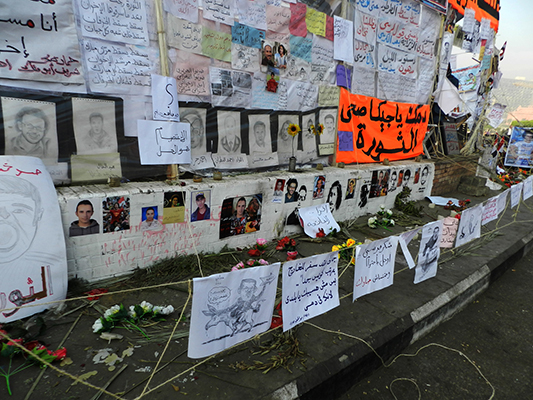
YouTube abounded with evidence that snipers were directly killing not only protesters, but also passers-by and mourners who were carrying coffins in a funeral in Port Said. The militias’ torture chambers were filmed and the incident was made public. Gang raping by some 300 or 400 thugs in Tahrir, who have assaulted separately some 20 women over the last month, has been a repeated tactic of the regime to scare away women. Series of kidnaps, torture of young revolutionaries who were then found almost dead and stripped naked, continue to happen on a daily basis. This is how young Mohammed al-Guindi who belonged to the Popular Current party was killed this month while the official sources insist that he died in a car accident.[4] The opposition media, the press, and human rights organizations argued that one aspect of this shift in the qualitative scale of violence is turning out to be a “systematic” organized strategy to silence forever anyone opposing the Brotherhood. Take for example the hordes of gang rapists of Tahrir, and the way they move in organized circles to squeeze and isolate women from their group, strip them naked, torture them and stab their vaginas with knifes to inflict utmost pain in the most intimate parts. That some of the young girls ended up seriously mutilated was completely ignored by Morsi. Take for instance the fact that the incidents are all repeatedly identical. And if the Shura Council adds fuel to the fire by trying to pass a law stating that women should be accountable for gang raping because, in the first place, they should not be demonstrating in Tahrir, it means one and only thing: that the regime is now legalizing crime.
Under the rubric of systematic exterminations, members of the April 6 Movement and several Facebook admins have been murdered and others threatened with killing. Torturing included, too, some of the dissenting leaders of the workers of Mahalla al Kubra.[5] Children were not spared torture as when the press spread the news of the incarceration of some 114 in the camp of Torah jail, and al-Gabal-al Ahmar. It was a shock to hear on the air that some parents, after a long search, could not recognize their children mutilated by heavy torture when they finally found them in different jails. Once again, the nation was shaken when hearing how a twelve-year-old child, a poor ambulant seller of sweet potatoes in Tahrir, was murdered with two bullets.[6] It was discovered later that he was shot by a soldier who targeted him, while in the media it was announced that he was shot by mistake. However, nothing was mentioned in the official media about the fact that he was a twelve-year-old destitute street kid.
Some observers keep on reminding us that these atrocities are no novelty. In fact, blogger Sandmonkey[7] and Nelly Ali, an anthropologist working on street children[8], both express one and the same argument, as horrible as it sounds: what Egypt is witnessing is nothing but a continuation of the practices of the Mubarak regime. It has been a while since street children have been undergoing rape, torture, and systematic killings, just as it has been a while since Egyptian jails were concentration camps. It is only new that the middle classes are now encountering such horrific facts in their daily lives. Brutality doesn’t spare their sons and daughters any longer. The past few months have seen that the victims of the regime were mostly good-looking, middle-class youngsters, as if once again the ageing, patriarchal, resentful regime had to continue to sacrifice young and beautiful bodies for its desperate survival.
[1] Al-Tahrir, February 16, 2013, p. 9.
[2] The Egyptian Initiative for Human Rights, February 19, 2013, http://eipr.org/pressrelease/2013/02/19/1635
[3] Tadros M. “Signs of Islamist Fascism in Egypt?”, December 8, 2012. Retrieved February, 14, 2013 (http://www.opendemocracy.net/5050/mariz-tadros/signs-of-islamist-fascism-in-egypt).
[4] Al-Tahrir, February, 12, 2013.
[5] Al-Tahrir, February, 12, 2013.
[6] Al-Tahrir, February, 14, 2013.
[7] Salem M. “The Horror”, Daily News, February 11, 2013, http://www.dailynewsegypt.com/2013/02/11/the-horror/
[8] Ali N. al-Shuruq, February, 15, 2013.
Mona Abaza, American University of Cairo, Egypt

